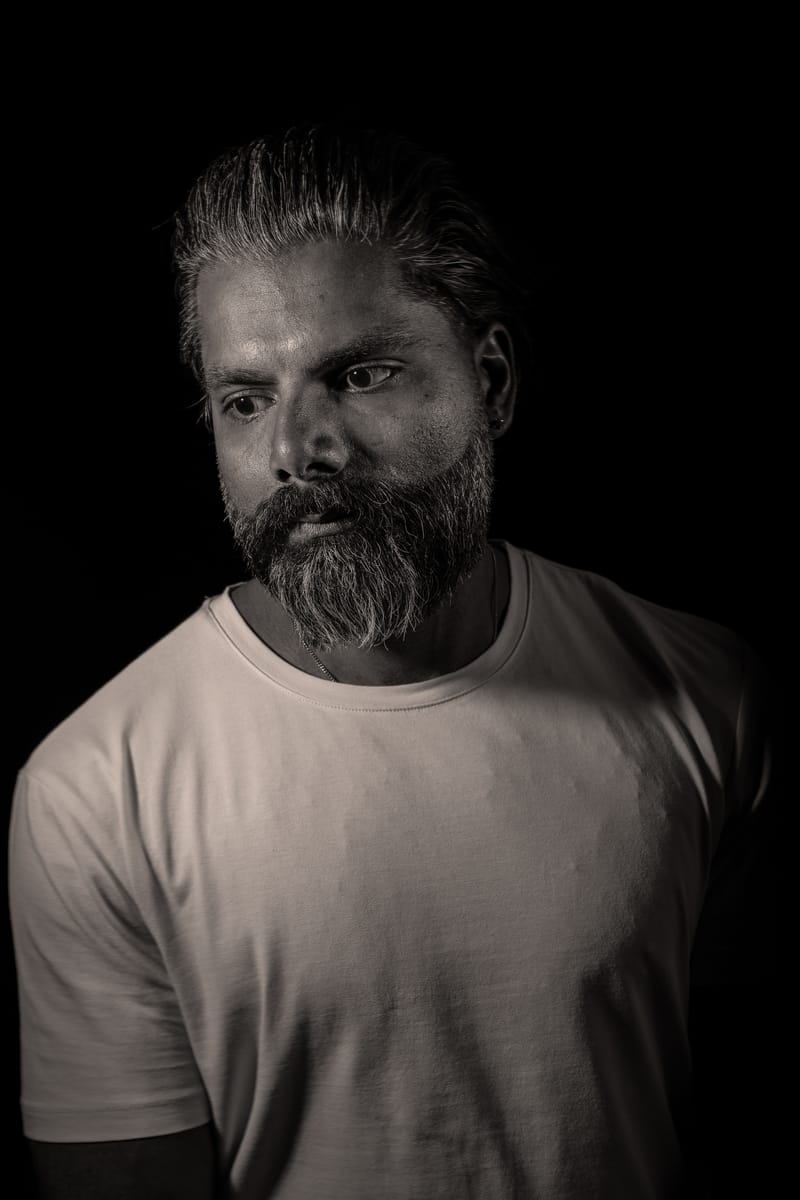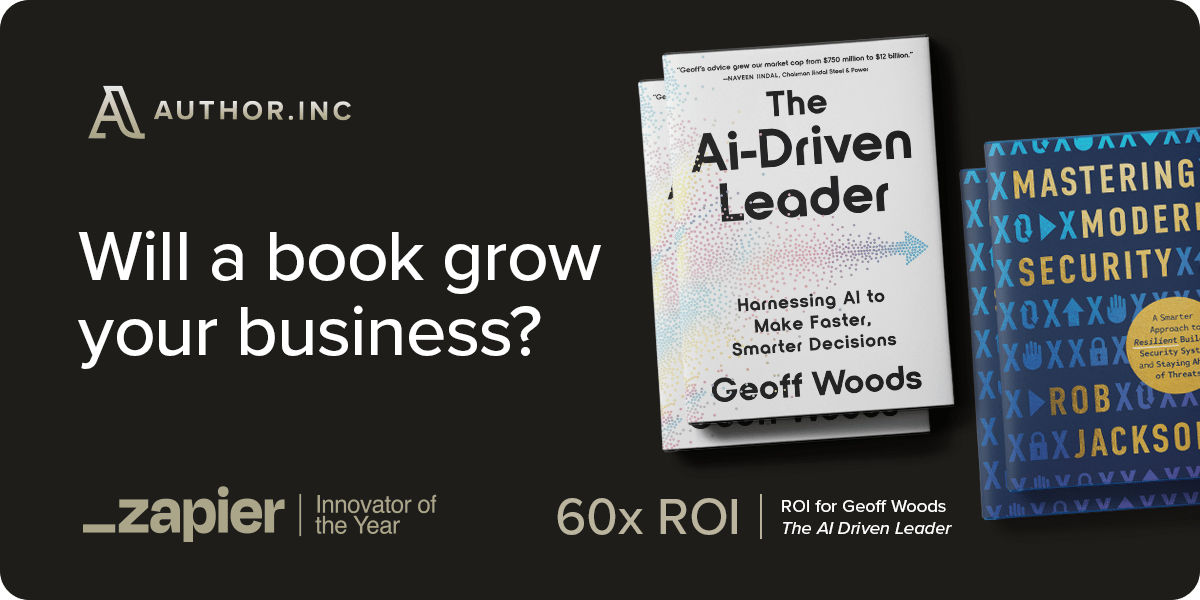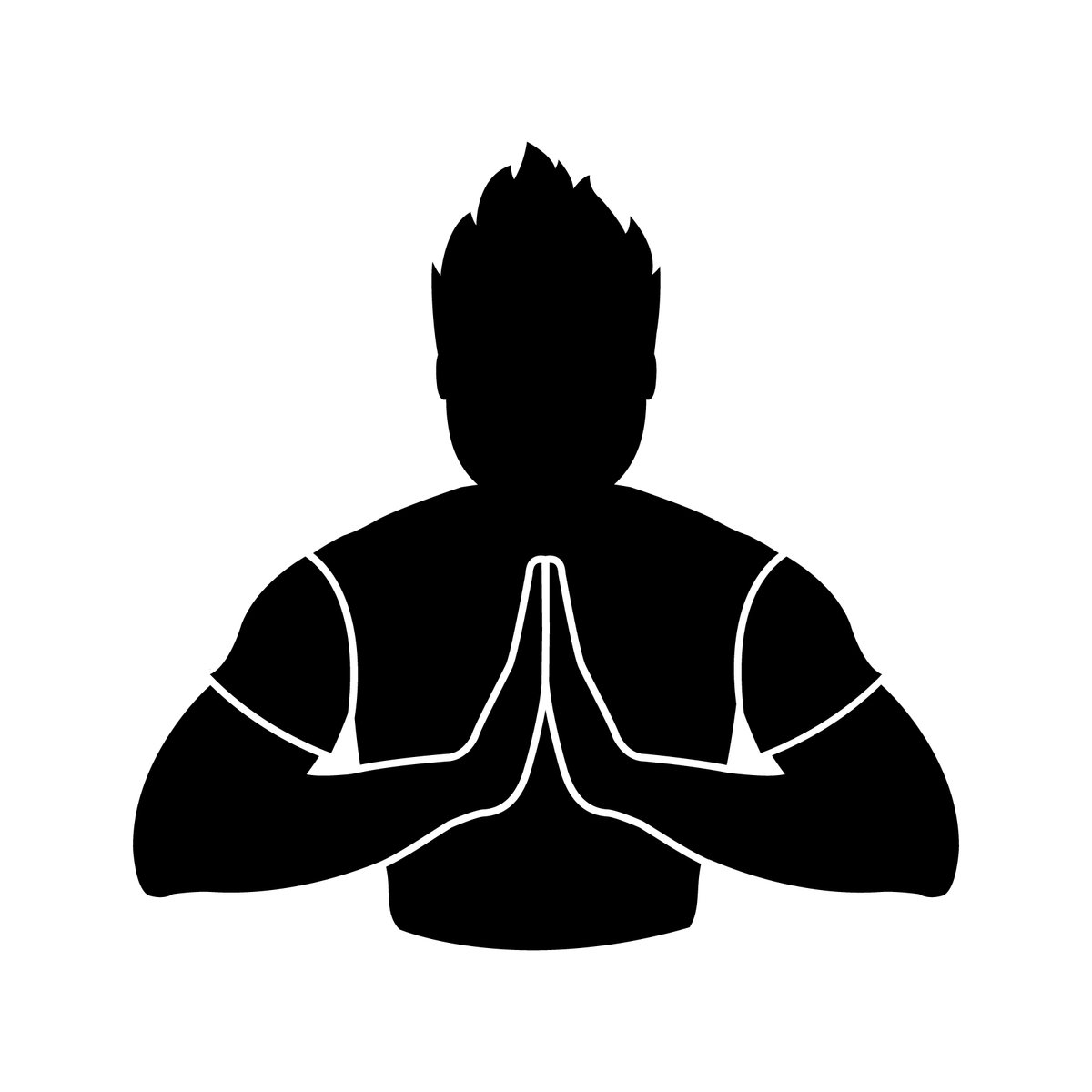The Dark Side of Human Behaviour
In the most recent episode of EZ Conversations, I had an incredibly raw discussion with Adriene Caldwell (Listen Here). She opened up about the many layers of her childhood and her experiences with trauma. I asked her to expand on her experience of being a victim of a pedophile—not to sensationalize her pain, but to give voice to a silence I’ve witnessed too often in my clinical work.
Many women I’ve supported who endured sexual abuse describe the same haunting isolation—the feeling that their pain exists outside language or belonging. Yet Adriene’s courage wasn’t just in recounting what happened; it was in her refusal to be defined as a victim. Her insistence on agency, even amidst devastation, offered a glimpse into the complexity of human nature—the same duality that makes us capable of both love and vengeance.
Toward the end of our conversation, Adriene revealed something: as a 15-year-old, she had wanted to take revenge by pursuing the husband of the person who had evicted her from a home. She described entering a relationship with a middle-aged man—not as a child manipulated by an adult, but as someone trying to reclaim power she had lost. And yet, could she truly be to blame for acting out of that wound?
As I reflected on Adriene’s story and my recent readings on the Soviet socialist movement, I began to see a recurring pattern in history and psychology alike: the unacknowledged shadow. When pain, anger, or shame are buried, they fester—and in the right conditions, they explode into acts of cruelty or self-destruction. Whether in political revolutions or personal relationships, repression breeds distortion.
The Psychology of the Shadow
Carl Jung described the shadow as the collection of aspects of ourselves we reject or deny. These are not inherently evil traits, but rather unintegrated energies—anger, desire, pride, or fear—that we exile to maintain an image of “goodness.” Jung warned that “until you make the unconscious conscious, it will direct your life and you will call it fate.”
Modern psychology continues to affirm this. When we suppress unwanted emotions, they often return as anxiety, projection, or aggression (Cramer, 2000; Wegner, 1994). Studies on repression show that emotional avoidance is associated with greater physiological stress, lower immune function, and poorer emotional regulation (Gross & Levenson, 1997; Pennebaker, 1997).
By contrast, integration—facing these emotions consciously—builds psychological flexibility, a core predictor of mental health. Acceptance and Commitment Therapy (ACT) research demonstrates that acceptance of uncomfortable inner experiences, rather than avoidance, significantly reduces depressive and anxiety symptoms (Hayes et al., 2006; Twohig & Levin, 2017).
Why We Must Confront Our Darkness
Facing the dark side isn’t about glorifying pain or excusing harm—it’s about owning responsibility. When we recognize our capacity for evil, vengeance, or manipulation, we can redirect those impulses constructively.
Self-awareness replaces projection.
Accountability replaces shame.
Integration replaces fragmentation.
Adriene’s story reminds us that even the most painful truths can become portals for growth. She has chosen not to remain trapped in guilt or victimhood, but to understand the roots of her behaviour. That’s the work of integration—transforming suffering into self-knowledge and empathy.
As psychologist Robert Firestone (2018) notes, “Facing our dark side does not make us evil; it makes us human. Only by acknowledging it can we choose love over destruction.”
The real question is not whether we have darkness, but whether we dare to meet it with light.

A snippet of the Episode
Head to YouTube for the full episode. Or Subscribe below:
What people are saying about the podcast:

Quote of the Week:
“Everyone is a moon, and has a dark side which he never shows to anybody.”
Sponsors
The daily health habit you’ll actually stick with…
This time of year, it’s so easy for your daily routine to be thrown off.
When it starts getting dark before you’re home from work and the Halloween candy is taunting you, it’s important to find something that’s easy to do daily for your body.
With just one quick scoop every morning, you’ll get over 75 ingredients that help support your immune health, gut health, energy and help to close nutrient gaps in your diet.
Click here and you’ll get a free AG1 welcome kit with your first subscription including a:
✔️ FREE Flavor Sample Pack
✔️ FREE Bottle Vitamin D3+K2 Drops
✔️ FREE Canister + Shaker
It’s one of the easiest things you can do for your body every day.
*These statements have not been evaluated by the Food and Drug Administration.
Will A Book Grow Your Business?
No one buys a beach house from book sales—they buy it from what the book makes possible.
Author.Inc helps founders turn ideas into world-class books that build revenue, reputation, and reach.
Book a free 15-minute ROI call to see if your book is a go—or a smart wait.
Most coverage tells you what happened. Fintech Takes is the free newsletter that tells you why it matters. Each week, I break down the trends, deals, and regulatory shifts shaping the industry — minus the spin. Clear analysis, smart context, and a little humor so you actually enjoy reading it.
Subscribe to the Podcast and Newsletter
Looking to build your own Newsletter?
Follow my personalized link to get 20% off all Beehiiv plans:






